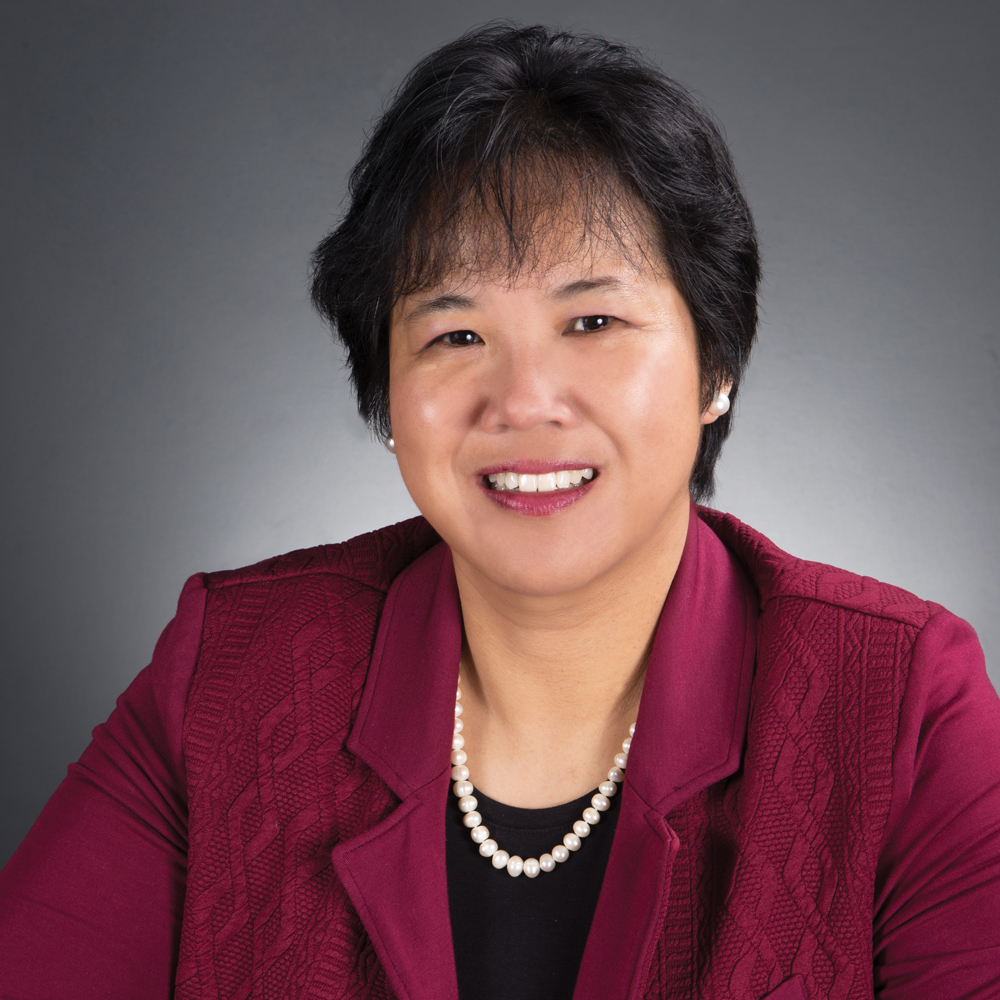Photo by Chris Cooper
NEW YORK, NY – At the House of Juilliard in the heart of historic Lincoln Center resides one of the world’s largest inventories of Steinway & Sons pianos: Steinways on concert stages, in practice rooms, faculty studios, classrooms and dance studios.
Chief Piano Technician Mario Igrec said the school owns approximately 260 pianos – 248 are Steinways and 231 of those are Steinway grands. That grand collection includes 10 Model D’s, 63 Model B’s, 5 Model A’s, 98 Model L’s, 42 Model O’s, 12 Model M’s and one Model S.
The New York piano maker’s relationship goes back to 1924 and the founding of the Juilliard Graduate School. According to The Concise Oxford Dictionary of Music, the school fulfilled last wishes of Augustus D. Juilliard, a wealthy textile merchant who left about $20 million for deserving music students to further their education. Two years later, the Graduate School merged with the Institute of Musical Art to become the Juilliard School of Music. The Institute opened its doors in 1905 under Frank Damrosch, godson of Franz Liszt and head of music education for New York City.
“The partnership between Juilliard and Steinway has been mutually beneficial since both institutions are synonymous with quality,” said Dr. Yoheved (Veda) Kaplinsky, who chairs the piano department and serves as artistic director for Juilliard’s prestigious pre-college piano program. “We both share the ideals of bringing the utmost artistry to the stage, which always requires a collaboration of performer and instrument. Having an instrument with unlimited potential always inspires artists to achieve more.”
“We both share the ideals of bringing the utmost artistry to the stage, which always requires a collaboration of performer and instrument.”
When Dr. Kaplinsky was growing up in Israel in the 1960s, Juilliard was the symbol of excellence in music education and Steinway was the symbol of excellence in pianos. “My personal relationship with Steinway resulted in my owning two Steinway pianos,” she said. “At its’ best, Steinway is an incomparable product with an incredibly rich sound and great possibilities for nuance. They still remain a favorite among most performers and students.”
“Steinway & Sons and The Juilliard School have grown together as cultural mainstays in New York and around the world for more than 90 years,” said Steinway CEO Ron Losby. “From my time studying there, I developed a great passion for music and complete respect for their tradition of excellence in the performing arts. I hold the Juilliard experience close to my heart each and every day.”
Working with Karen Beluso, Steinway’s institutional sales manager of Greater New York, Juilliard has systematically added 14 New York Steinway Model O grands to its practice rooms, where pianos are played incessantly.
 “New Steinway pianos in the practice rooms represent a significant development for any young pianist,” said Dr. Beluso, who studied exclusively at Juilliard and holds a doctorate in musical arts. She made her orchestral debut with the Los Angeles Philharmonic at the age of 12 and debuted at Carnegie Hall performing Chopin’s Piano Concerto Number 2 with the New York Youth Symphony.
“New Steinway pianos in the practice rooms represent a significant development for any young pianist,” said Dr. Beluso, who studied exclusively at Juilliard and holds a doctorate in musical arts. She made her orchestral debut with the Los Angeles Philharmonic at the age of 12 and debuted at Carnegie Hall performing Chopin’s Piano Concerto Number 2 with the New York Youth Symphony.
Karen Beluso, Institutional Sales Manager, Greater New York.
“Having an excellent piano in the practice room is inspiring. Inferior pianos lead to frustration which limits their growth.”
“The quality of the pianos the students use to practice is of paramount importance for their ability to develop technical control and a sound esthetic that will eventually define their artistic personality,” observes Dr. Kaplinsky. “Having an excellent piano in the practice room is inspiring. Inferior pianos lead to frustration which limits their growth.”
To get the most from each practice session, she advises students to listen and focus. “Mechanical practicing is the enemy of artistry and imagination. Befriend the piano and create conversations where every word a note is meaningful. The students’ attitude about practicing is largely determined by their relationship to the instrument. It is rare today that we hear excuses at lessons that are based on blaming the practice rooms. The main complaints we hear today are that there aren’t enough of them,” she said. Juilliard operates 74 practice rooms with pianos in Lincoln Center and another 13 rooms with pianos in the Meredith Willson Residence Hall.